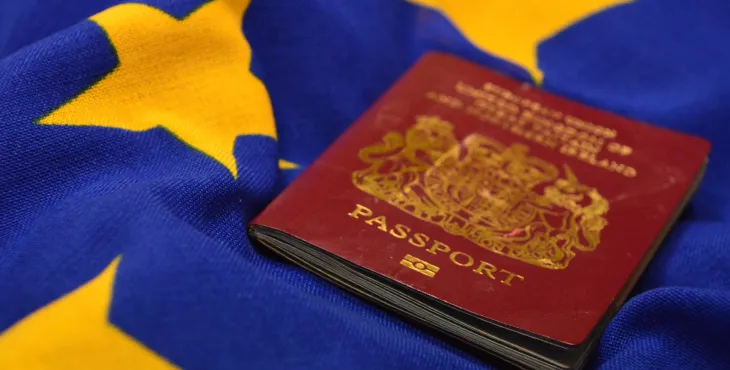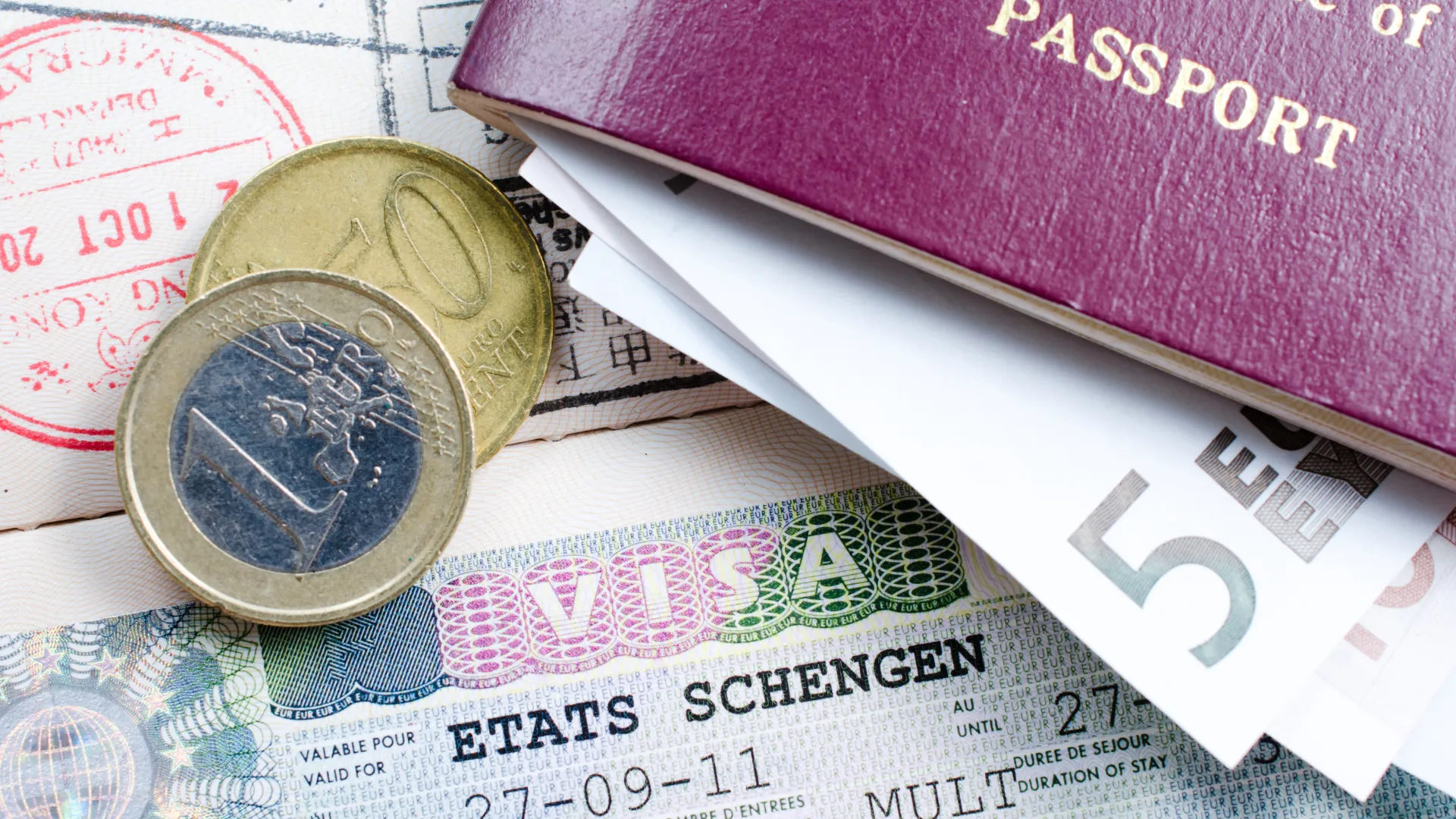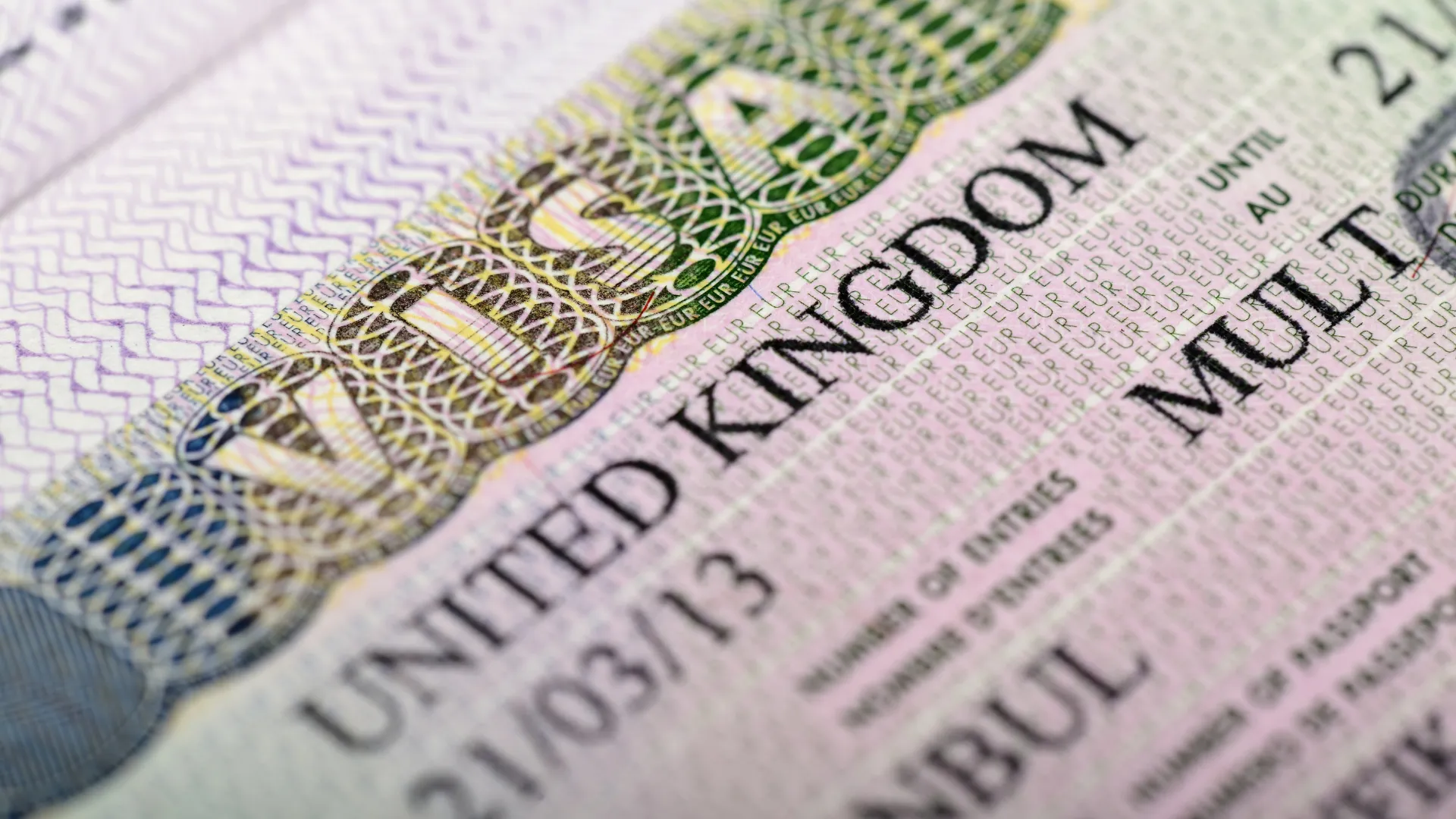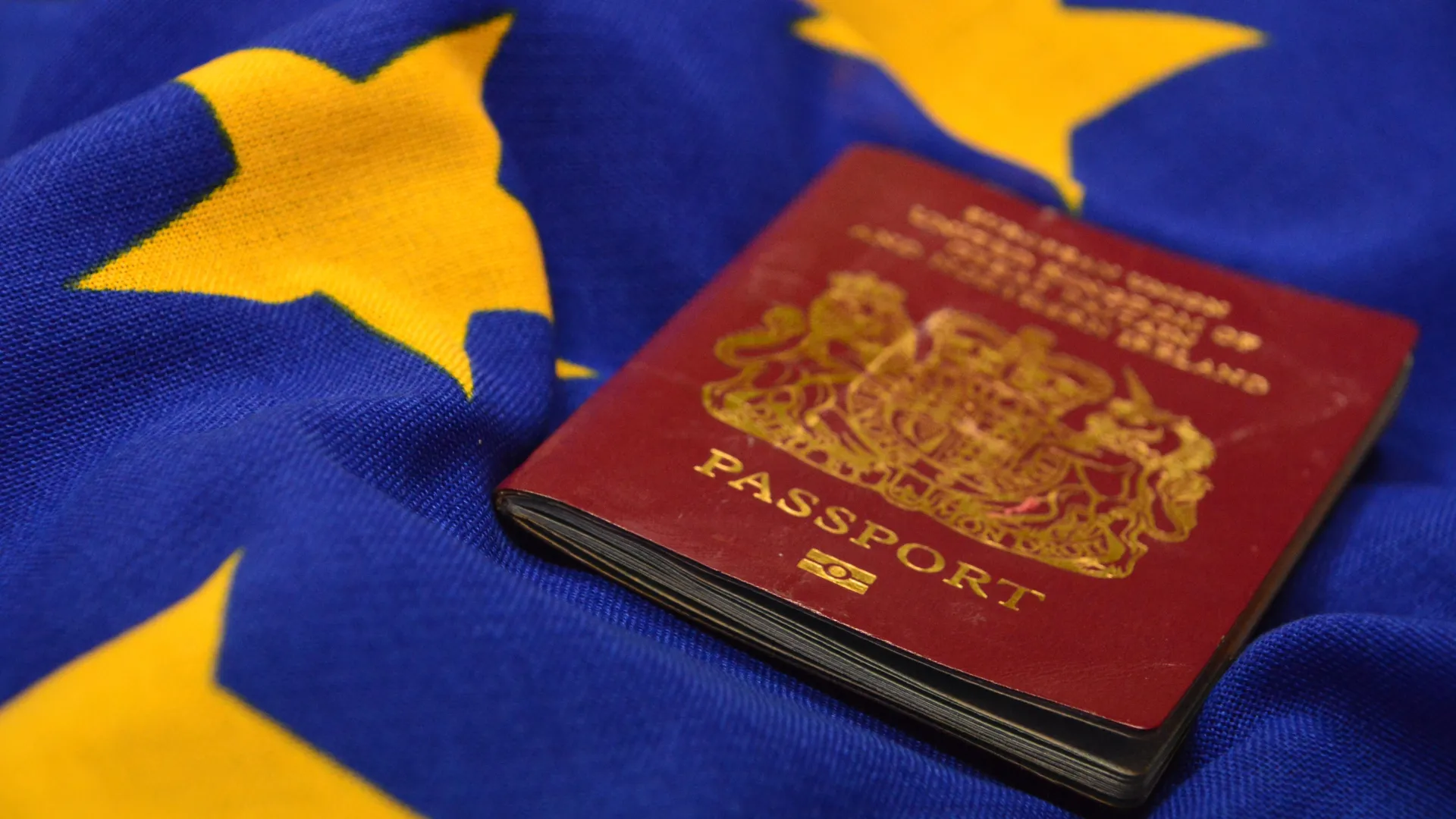
Beware of EU/UK Visa scams!
With the UK leaving the European Union and, in some cases, the need to apply for visas from both of the European Community and the UK, there has been a flurry of false adverts and scammers online.
UK and EU visa scams are an ever-growing problem for those seeking to move or work abroad. Scammers will often try to take advantage of those who are unfamiliar with the visa process or their rights in a foreign country. They will use false promises, hidden fees, and other tactics to exploit potential immigrants. It is important to recognise these scams in order to avoid falling victim to them.
Check this article to see how to spot this scam and how to avoid it.
Types of UK/EU Visa Scams

There are a number of scams related to UK and EU visas that potential applicants should be aware of. Some of the most common scams include fake visa websites and visa agents, fraudulent email offers, visa fee fraud, and identity theft.
Fake work and study visas
The most common UK and EU visa scams involve false promises of work visas or study permits that do not actually exist. More often than not, the first contact is from your side when you come across a job advertisement (obviously false) and apply for it. Then the scammers will try to trick you.
Scammers will often provide documents that appear legitimate, such as forged passports and visas, in an effort to make the scam seem believable. They may also promise to secure a visa for an illegal immigrant, but the documents they provide are often fake.
Fake Visa Websites and Agents
One of the most common types of UK/EU visa scam is fake websites or agents claiming to offer a service for an official visa application. These sites often look professional, but they have no affiliation with the government or any other authorised body.
They take advantage of desperate people who are hoping to get their visas approved quickly by offering them services that do not actually exist. They then charge exorbitant fees for these services, without providing any real help.
Fraudulent Email Offers
Another type of scam involves sending fraudulent emails offering assistance with applying for a UK/EU visa or even guaranteeing approval if you submit your personal information or pay a fee. These emails generally come from someone posing as an official body or representative from the relevant government agency handling visa applications. Many use poor grammar and spelling, meaning it is easy for applicants to identify these as potentially fraudulent messages.
Also watch out for messages you receive if you happen to be in the process of applying for a visa. You might be surprised how much the scammers know and how professional their messages look. Always remain vigilant in these situations.

Visa Fee Fraud
Another type of scam associated with UK/EU visas involves fraudsters taking payment upfront for processing a visa application when in reality they never intend to apply on behalf of the individual.
The applicant learns too late that their money has been taken without actually providing any service whatsoever.
Identity Theft
One of the more serious types of scams related to UK/EU visas involve identity theft. Fraudsters obtain personal information such as passport details which they can then use to manufacture false documents in order to gain entry into the country illegally.
Impersonation Of People From The Home Office
Beware of phone contacts from people claiming to be civil servants. This is a very common practice designed to lull your vigilance. They may call with an additional question for your application or to let you know there is an error. They will then tell you that they have sent an email where you have to click on a link and complete the details. Never do this! The purpose of such a precedent is to scam you and to defraud you of your data and money.
This is why it is important for individuals applying for visas to ensure that their personal information is protected at all times – either through using reputable agents or only submitting this data directly on an official website secured with https encryption technology.
Do you need a visa? Here is what you need to know

If you have any doubts about the fairness of an offer you find online, remember that you do not have to use any intermediaries. You will find all the current information on the official websites:
The UK government's official website for visa information is https://www.gov.uk/browse/visas-immigration
The EU's official website for visa information is https://travel-europe.europa.eu/index_en
Always check these official websites for the latest information and guidance on visa procedures, this can help ensure the validity of any offers or requests.
Official Home Office email addresses look like that: [email protected],
Foreign and Commonwealth Office email addresses are: [email protected] or [email protected]
Red flags to watch out for

If you see any of the following on any website or in an advert a red light should go on in your head. These are not legitimate activities:
- requests for upfront payment or personal information before offering a visa;
- promises of guaranteed visa approval;
- offers from companies not authorised to sponsor visas;

- requests for sensitive personal information such as passport or bank details;
- communication with company only through free email services like Gmail, Hotmail or Yahoo;
- beware of job offers in the UK or any other European country. They are usually untrue, as are offers with visas, and their aim is only to deceive you.
- always check all the information in the email, sender's email address, how it is addressed, whether there are any grammatical or stylistic errors.
Where to report a scam?

Most scams work in a similar way, so above all it is important to be aware and not to underestimate any details. Always pay attention to everything, even if at first glance everything appears to be fine.
Take care of your security before anything happens - change your passwords frequently, set up two-factor authentication, check your bank account for any suspicious transactions, never share information like personal account information, don't transfer money to people you don't know.
If you see anything suspicious report it to your bank, credit card company and Action Fraud by phoning 0300 123 2040.

In conclusion, it is important for individuals looking to apply for UK/EU visas to be aware that there are various types of scams out there which could put them at risk financially and even pose a threat to their safety and security if they fall victim to one.
It is therefore strongly advised that any individuals looking into applying for one should always verify the source before sharing any details or paying any fees associated with applications process.